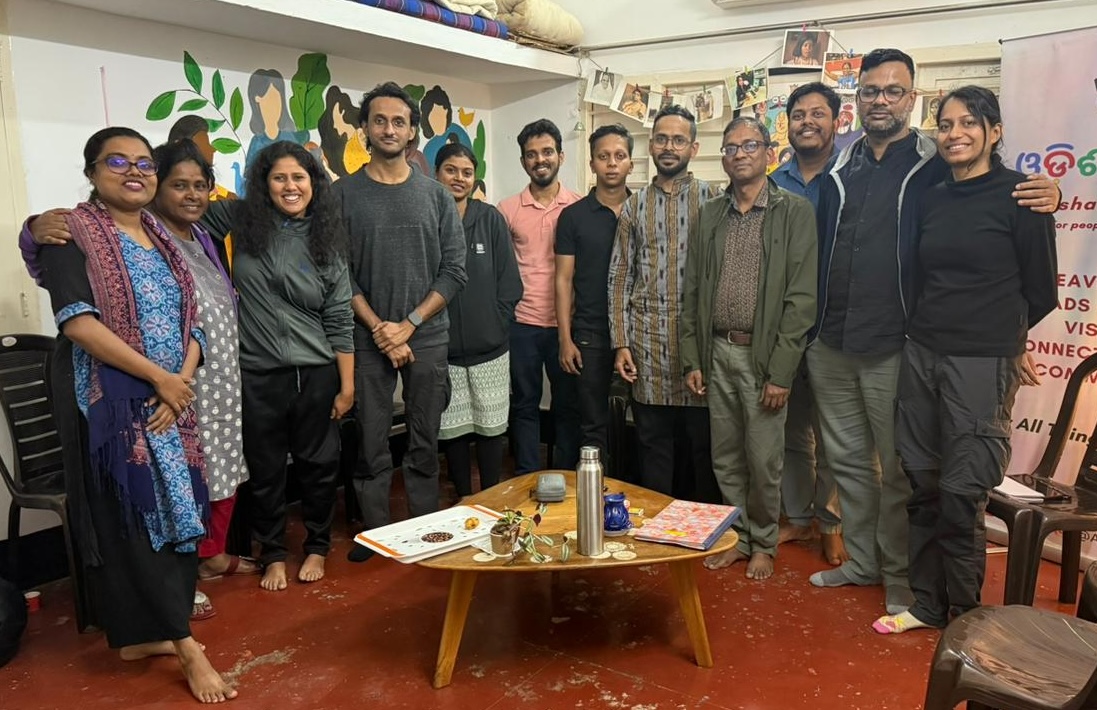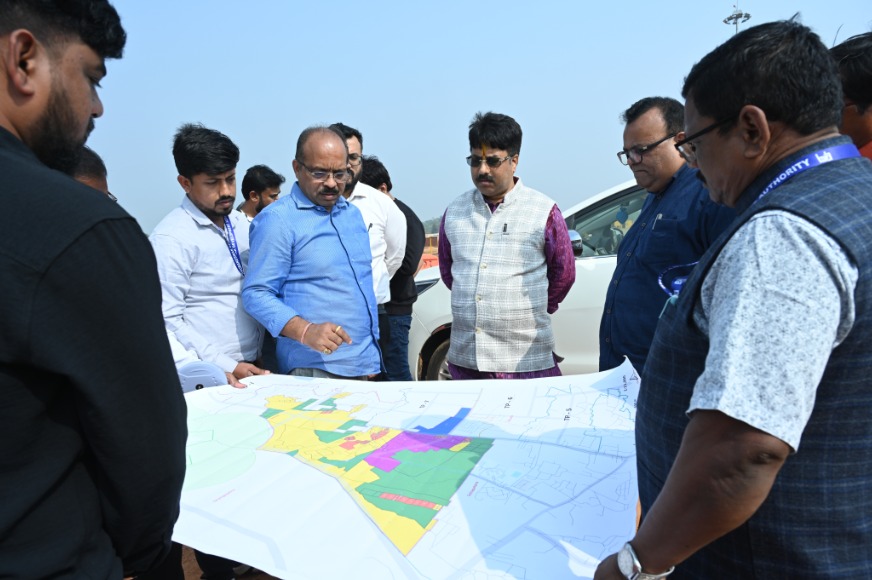New Delhi: In a landmark move to safeguard public health, India has launched its first-of-its-kind scientific study to detect zoonotic diseases with the potential to spill over from birds to humans. The ambitious inter-ministerial initiative was inaugurated today at the Indian Council of Medical Research (ICMR) Headquarters in New Delhi, marking a pivotal moment in the country’s efforts to strengthen its disease surveillance capabilities.
Titled “Building a Surveillance Model for Detecting Zoonotic Spillover in Increased Bird-Human Interaction Settings Using the One Health Approach”, the study will be carried out at select bird sanctuaries and wetlands in Sikkim, Maharashtra, and Tamil Nadu. By integrating the health of humans, birds, and forest ecosystems, the initiative embraces the One Health philosophy — a globally endorsed strategy to tackle emerging infectious threats through a cross-sectoral lens.
Speaking at the launch, Dr. Rajiv Bahl, Director General of ICMR and Secretary, Department of Health Research, emphasized the critical need for early detection systems. “Just as radars enable timely responses in defense, surveillance systems are our frontline defense in public health. The National One Health Mission is a testament to our commitment to proactive preparedness through scientific innovation,” he said.
The project aims to establish a real-time surveillance model for early detection and diagnosis of zoonotic diseases among bird sanctuary workers, rescue teams, veterinarians, and local communities. Given India’s position along the Central Asian migratory bird flyway, these sanctuaries present high-risk zones for zoonotic transmission.
Dr. Ranjan Das, Director of the National Centre for Disease Control (NCDC), called the initiative a vital addition to India’s national strategy. “Understanding the dynamics of zoonotic spillovers is essential. This study will significantly enhance our ability to prevent and respond to emerging health threats at the human-animal-environment interface,” he noted.
Highlighting the importance of inter-ministerial cooperation, Dr. Sangeeta Aggarwal, Scientist F in the Office of the Principal Scientific Adviser, said, “This is a pioneering example of collaborative scientific surveillance. Transforming scientific findings into policy is key to building resilient health systems.”
Echoing the sentiment, Sunil Sharma, Assistant Inspector General of Forests, Ministry of Environment, Forest and Climate Change (MoEFCC), added, “This effort underscores the inextricable link between biodiversity conservation and public health. MoEFCC will continue to support this and future One Health initiatives.”
As part of the study, periodic environmental and bird sampling will be conducted to monitor for emerging pathogens. State-of-the-art technologies like Next Generation Sequencing (NGS) will be employed to identify novel infections and detect potential zoonotic threats at the earliest stage.
The initiative is being jointly led by the Ministry of Health and Family Welfare, Ministry of Environment, Forest and Climate Change, and Ministry of Agriculture, in close coordination with research institutions and field teams. This integrated approach is expected to establish India’s first early warning system for zoonotic disease outbreaks — a major step toward national and global health security.





